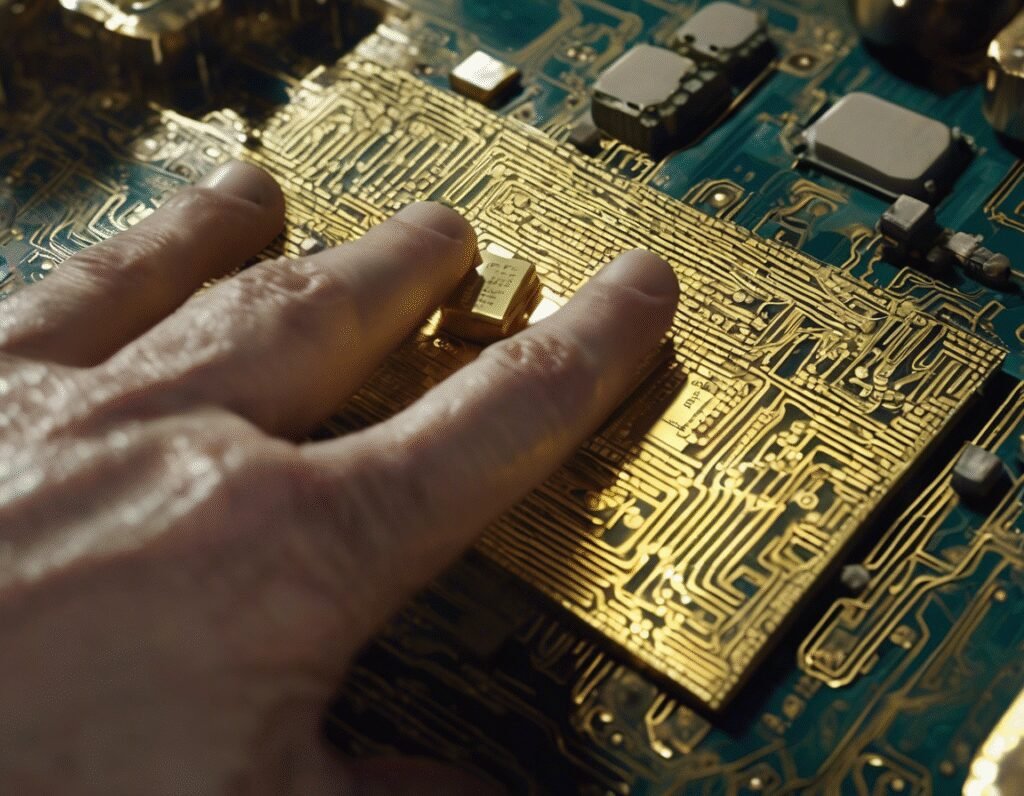US Government Makes Massive Investment in Intel, Drawing Parallels to State-Directed Economics
In a move that has raised eyebrows across the political and financial spectrum, the administration of former President Donald Trump is reportedly orchestrating a massive capital injection into the semiconductor giant Intel. The US government is set to purchase an 8.9 billion dollar stake in the company, a decision that some observers are calling an unexpected alignment with state-investment strategies more commonly associated with socialist doctrine.
The troubled chipmaker, which has struggled to maintain its technological edge against competitors, announced the substantial investment. The stated goal of the funding is to support the continued expansion of American technology and manufacturing leadership in the critical semiconductor sector. This move is a direct extension of the CHIPS and Science Act, which was designed to onshore vital chip production and reduce reliance on foreign supply chains, particularly those in East Asia.
US Commerce Secretary Howard Lutnick emphasized the national security and economic imperative behind the decision. He stated that as more companies look to invest in America, the administration remains committed to reinforcing the country’s dominance in fields like artificial intelligence. The investment is framed not as a bailout but as a strategic necessity to ensure the United States maintains control over the foundational technology that powers everything from consumer electronics to advanced weapons systems.
For the crypto and tech community, this intervention is a significant event. It represents a unprecedented level of direct government involvement in a specific, publicly-traded tech company. The state is effectively becoming a major shareholder to steer national industrial policy. This blurs the traditional lines between free-market capitalism and state-directed investment, creating a new hybrid model where the government picks winners in the technology arena.
The implications for the broader tech landscape are profound. Such a large capital infusion will allow Intel to accelerate its manufacturing plans and potentially regain ground lost to rivals like TSMC and Samsung. This could lead to a more resilient and geographically diverse supply chain for the chips that are essential for mining rigs, hardware wallets, and the vast data centers that power blockchain networks.
However, the move also introduces new questions about market dynamics and fair competition. Other semiconductor firms may now wonder if their success is dependent on technological innovation or on their ability to secure similar government support. It sets a precedent for state capital to play a direct role in corporate fortunes, a concept that makes many free-market advocates uneasy.
Ultimately, this investment is a clear signal that the US government views the semiconductor industry as too critical to be left entirely to the whims of the global market. It is a strategic gambit using financial tools to achieve geopolitical and security objectives. While it may contradict pure free-market principles, the administration is betting that securing the technological supply chain is a necessary form of economic defense, a move that will have ripple effects across the entire tech ecosystem for years to come.

